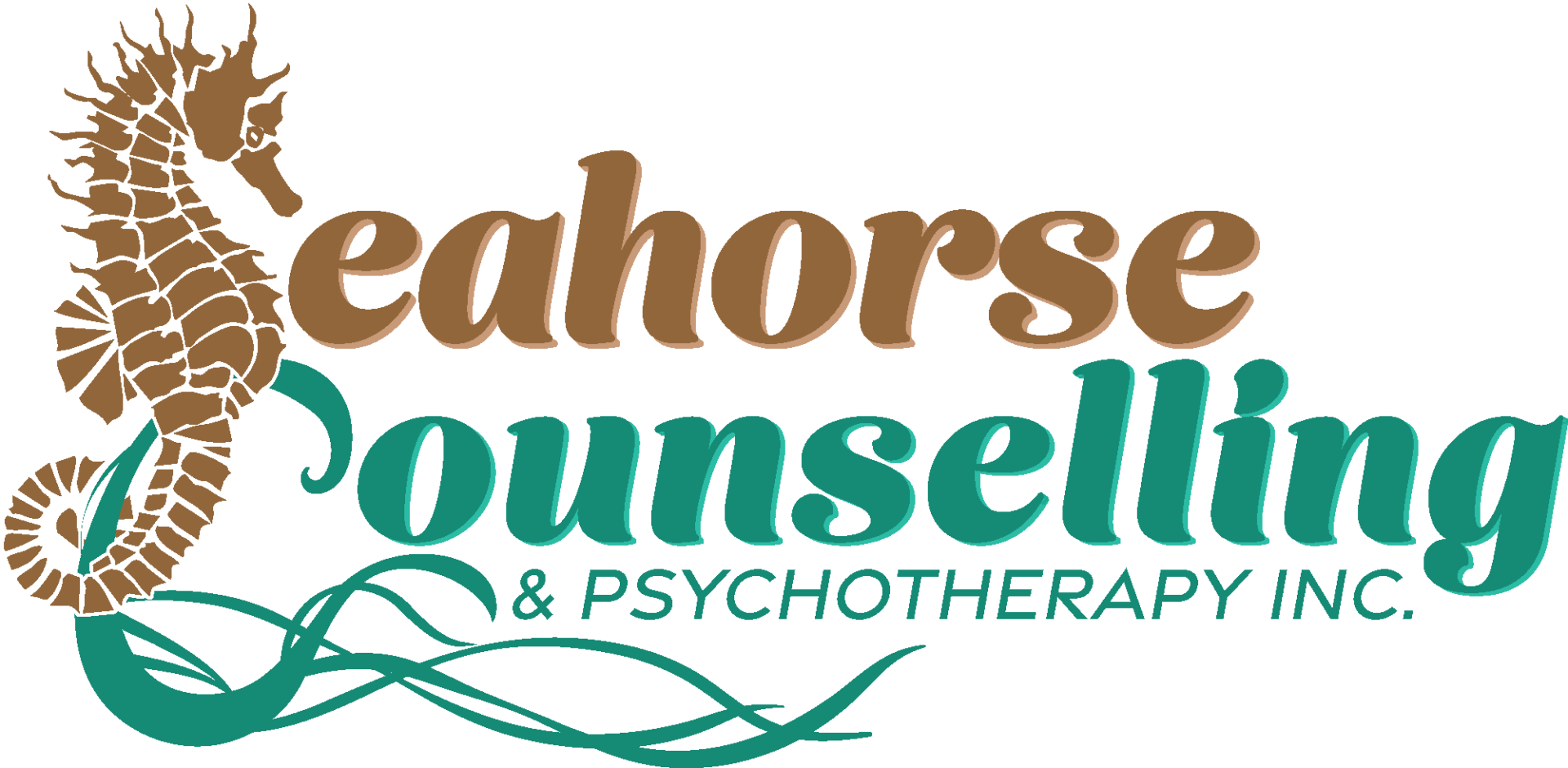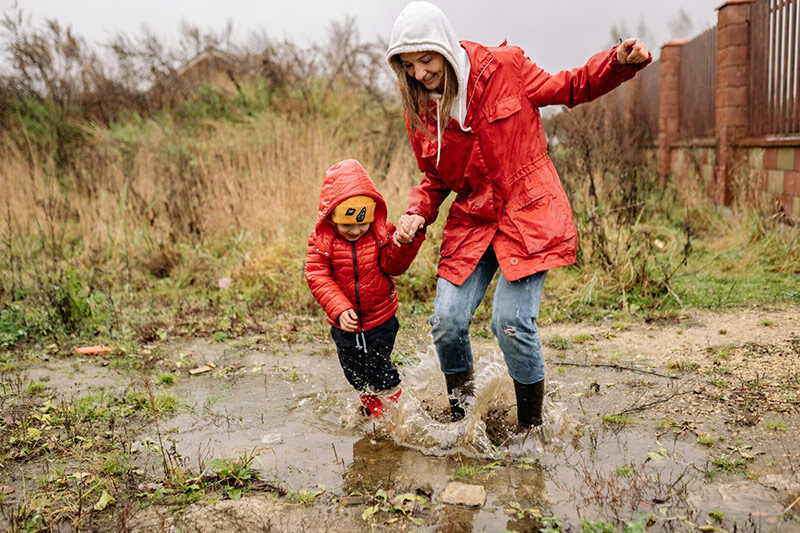Splashing in puddles, tossing stones in the ocean, building and knocking down a block tower, … Play activities serve an essential role of nurturing emotional, cognitive, and social development. Children thrive when they can explore and discover with you. It is integral part of building strong attachment bonds. When adults join children in their play and follow their lead, it promotes connection, problem-solving skills, and language development. Knowing that the adults in their lives are paying attention to them, and they feel seen, heard and understood, it builds security, trust and confidence. These are key elements to building strong self esteem, curiosity, and creativity, which are all essential for a healthy happy child.
Sometimes, life can be busy or stressful and parents can find it hard to just be with their children, to just play, be silly, or go exploring. If you are looking to make a stronger connection with your child or if your child struggling with big emotions, play therapy can help a child process their feelings. Using their imagination to act out difficult situations, can help them gain understanding and help them discover ways to cope.
Some favourite types of play for children, that their adults can enjoy as well, include water and sand play, creating with clay or playdough, building with Lego or blocks, playing “house,” painting, or creating stories using dolls, stuffies, puppets or action figures. Being out in nature is also important. Discovering a snail, feeling the wind, or finding out what happens if you step in a puddle, can be wonderful learning experiences for children.
My daughter and I love camping, exploring nature, using our imagination and being silly!
~ Jane Holland





